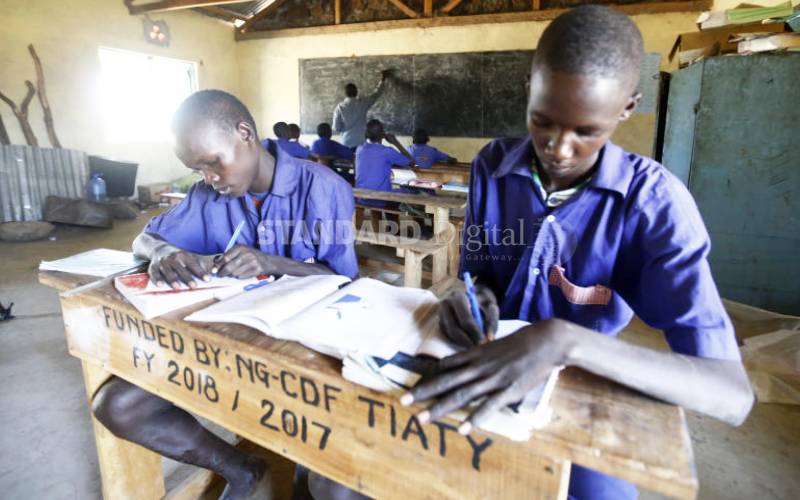×
The Standard e-Paper
Kenya’s Boldest Voice

The various projects force a learner to use critical thinking and problem-solving skills as well as creativity and imagination.
When I recently read the story of Hilary Kiplagat, a young man with an MBA from University of Nairobi, who opted to start a boda boda business because he couldn’t get a white collar job, I quickly thought the much-publicised Competency Based Curriculum (CBC) may just be the magic bullet that Kenya has been waiting for to create entrepreneurial skills amongst our youth.